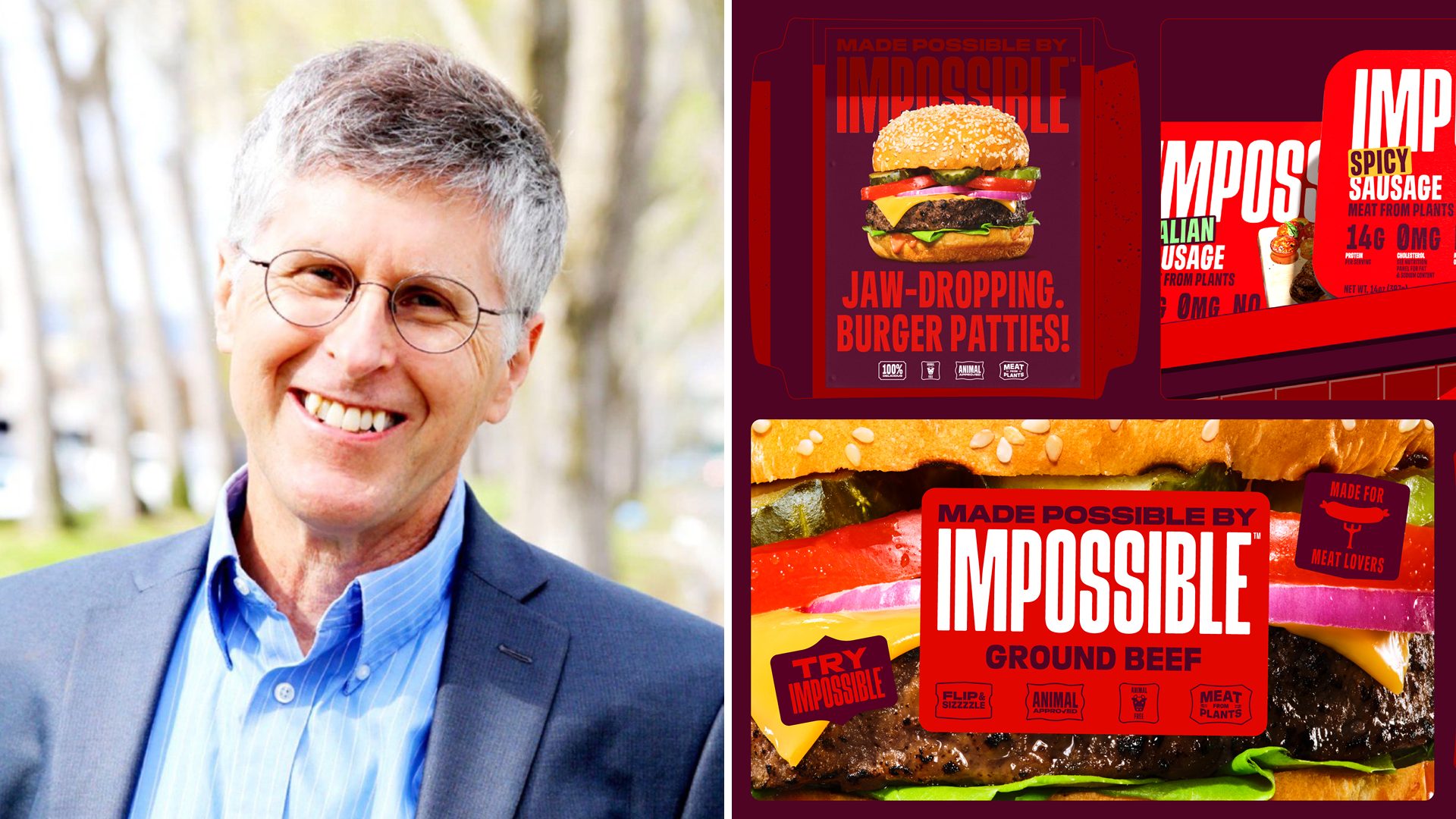A new study from Duke University has identified several chemical components in beef — some of which are important to human health — that are not present in plant-based substitutes, and vice versa.
The study, which was published in the Journal of Scientific Reports, comes at a pivotal time for the plant-based sector, which grew 27% in 2020 and continues its upward trajectory, largely due to perceived health benefits.
The IFIC Foundation’s 2020 Food and Health Report showed more than four in 10 consumers assume that a product described as “plant-based” would be healthier than one that is not.
“It is important for consumers to understand that these products should not be viewed as nutritionally interchangeable,” the study’s co-author Stephan van Vliet told The Independent (July 7).
Nutritional Findings
In the research, scientists analyzed 18 samples of both plant-based meat and grass-fed ground beef, using a technique known as “metabolomics,” which helped determine how the human body converts the basic chemical components of each product to energy and structural building blocks.
The study found that several components, or “metabolites” known to be important to human health — such as anserine, creatine, spermine, and the omega-3 fatty acid DHA — were found “either exclusively or in greater quantities” in beef.
Plant-based meat also contained components not found in real meat, including nutrients classes such as phenols, tocopherols, and phytosterols.
Consumer Perception
When it comes to plant-based foods, health claims have a critical impact on buyer perception.
About 70% of consumers believe it would be healthier if society reduced its consumption of meat and increased consumption of plant-based foods, according to Marie Molde, a registered dietician at Dataessential.
Molde, who served as moderator at a co-hosted webinar presented by The Food Institute, also observed that only 62% of consumers thought the category was better for the environment.
Of the study, Van Vliet noted that results were not meant to position one category above another, but to help consumers make informed decisions by presenting the unique health benefits of each.
“Plant and animal foods can be complementary, because they provide different nutrients,” Van Vliet said. “But some people on vegan diets can live healthy lives – that’s very clear.”










